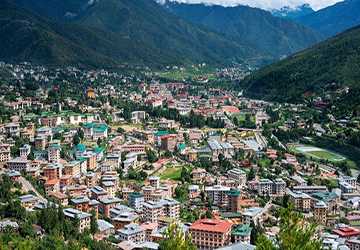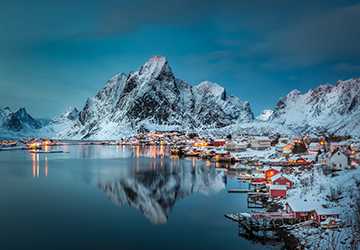TOP 7 Sustainable Travel Destinations for Eco-Conscious Explorers
Sustainable tourism is on the rise as travelers become more aware of their impact on the environment. Eco-conscious adventurers seek out destinations that prioritize environmental stewardship and responsible travel. In this article, we introduce you to 7 of the most sustainable travel destinations that allow you to experience the beauty of nature while minimizing your carbon footprint.
1. Costa Rica
A Pioneer in Ecotourism: Costa Rica is a pioneer in ecotourism, with its lush rainforests, diverse wildlife, and commitment to conservation.

2. Iceland
Geothermal wonders: Iceland's geothermal energy provides sustainable heating, and its stunning landscape encourages responsible tourism.
3. Bhutan
Carbon-Neutral Country: Bhutan is the only carbon-neutral country in the world where preserving culture and nature is a top priority.
4. Galapagos Islands, Ecuador
Vital Conservation: The Galapagos Islands enforce strict conservation measures to protect their unique and fragile ecosystem.
5. Norway
Fjords and Sustainability: Norway's fjords and natural beauty are closely linked to environmentally friendly practices such as electric mobility.
6. New Zealand
Pure New Zealand: New Zealand's "Pure" brand reflects its environmental protection and sustainable tourism commitment.

7. Madagascar
Biodiversity Hotspot: Madagascar's rich biodiversity and conservation efforts make it a destination for environmentally conscious adventurers.
Why choose a sustainable travel destination?
Conservation: These destinations take protecting their unique environments and wildlife seriously.
Support local communities: Sustainable tourism often benefits local communities directly.
Personal Fulfillment: Travelers can enjoy exploring nature while minimizing their impact.
Educational Opportunities: Sustainable destinations offer educational experiences about environmental conservation.
Preserving culture: Many destinations also value keeping local culture.
Traveling to sustainable destinations allows you to enjoy the beauty of nature while contributing to its conservation. It's a way to explore the world responsibly and positively impact the places you visit.



